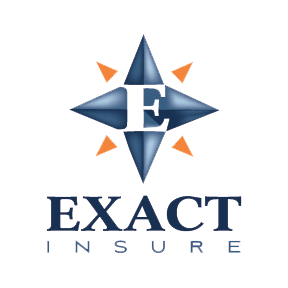09 Feb Understanding Minimum Essential Coverage and Related Penalties
Chances are, you’ve heard a lot of talk about “minimum essential coverage” and the “individual mandate,” but the talk is often politically charged and filled with opinion, rather than fact. The following post will help clear up any questions you may have regarding what’s required of the average consumer, and the potential impact of failure to comply.
The Affordable Care Act (ACA) requires that all US citizens and legal residents have basic health insurance, called “minimum essential coverage.” The following types of insurance fit the guidelines:
- Insurance provided by an employer

- Insurance purchased directly from an insurance company, or through the insurance marketplace (AKA, “the exchange”)
- Student insurance purchased through a student health plan
- COBRA
- Retiree coverage
- Children’s Health Insurance Program (CHIP)
- Medicare
- Medicaid
When you file your 2014 taxes in 2015, you’ll be asked whether you had health coverage during all of 2014. If the answer is “no,” unless you qualify for an exemption, you will be assessed a fine, called the “individual shared responsibility” payment. This penalty is increased in 2015, and will now be 2% of the individual’s income, or $395 – whichever is greater. For example, a person who makes $60,000 annually will pay $1200.
In some instances, individuals may be exempt from having coverage. These exceptions include:
- The individual did not have an affordable health care option, because the minimum amount for coverage was more than 8% of their household income;
- The gap in coverage was less than three consecutive months;
- The individual had a hardship which prevented them from attaining coverage;
- The individual belonged to a group which was explicitly exempt from the requirement.
For more information regarding exemptions, visit the IRS’s website, here.
So, how will the IRS know whether you had coverage or not? Well, for 2014, they’re counting on your honesty… and, of course, they could always come back and audit you to make sure. However, they’re locking things down in 2015 and beyond, when health insurance companies will be required to issue a Statement of Minimum Essential Coverage (form 1095-B). This will prove who did have coverage… and who did not.
If you do not yet have minimum essential coverage, it’s not too late to enroll for 2015. The cut-off date is February 15th. After that, only a qualifying circumstance will enable you to enroll, so act quickly! If you are a resident of Indiana or Kentucky, contact Exact Insure for assistance with your enrollment. Our services are free, and will help save you time and money, while ensuring that you have the coverage you need.
If you found this post helpful, you may also enjoy…
What You Need to Know About Open Enrollment
Frequently Asked Questions About ACA Open Enrollment
The Benefits of Using an Independent Insurance Agent








Sorry, the comment form is closed at this time.